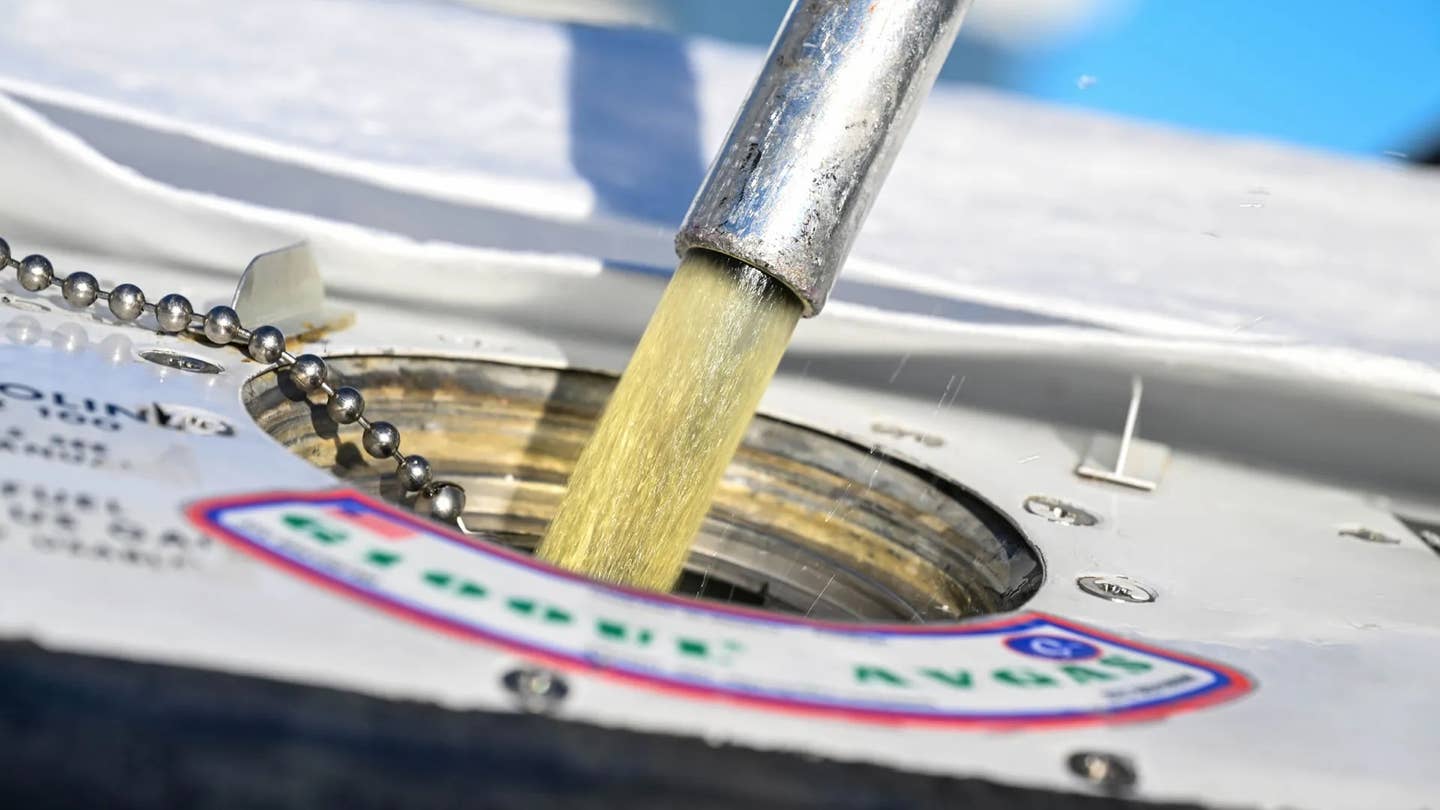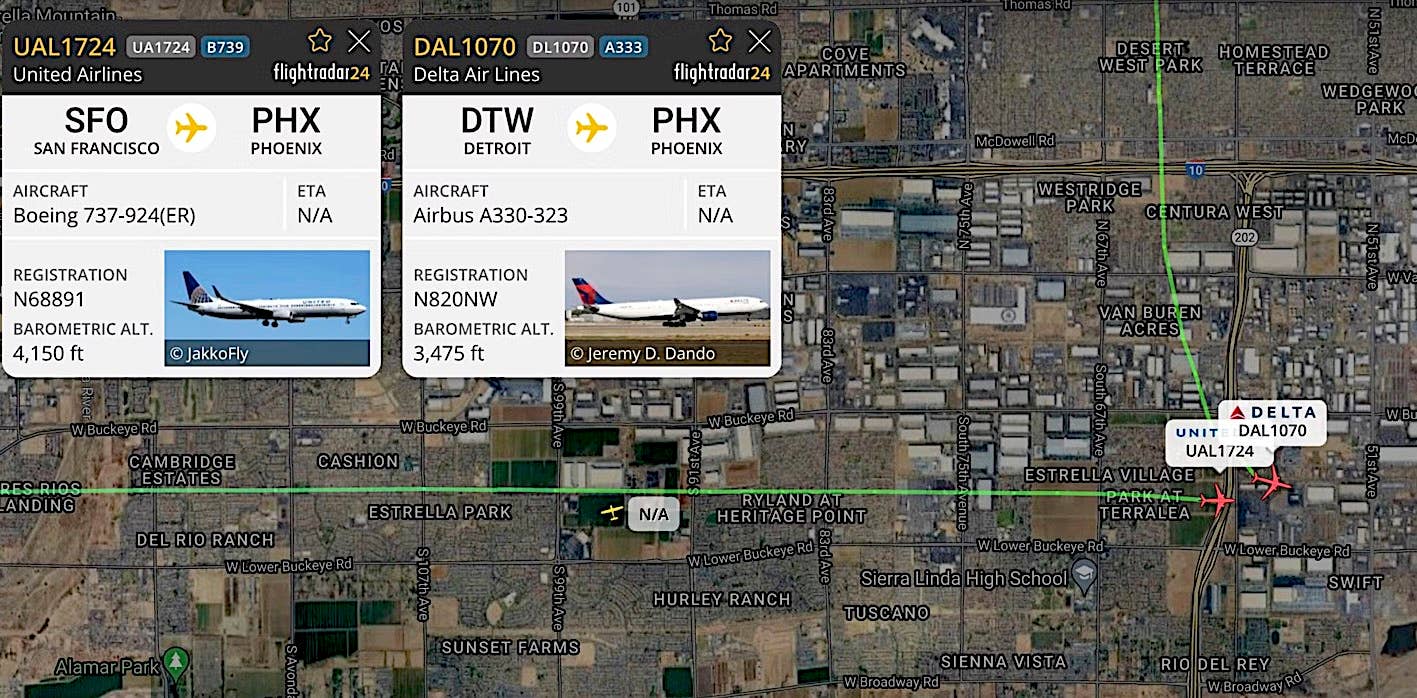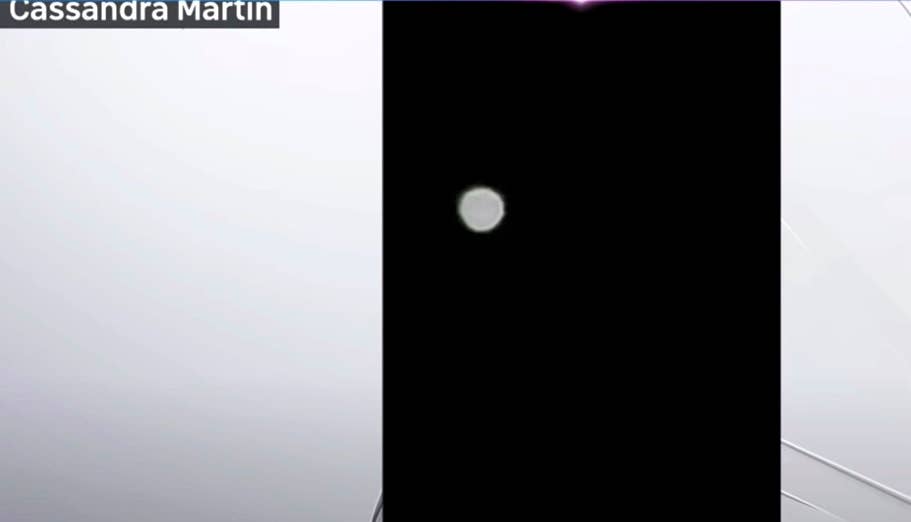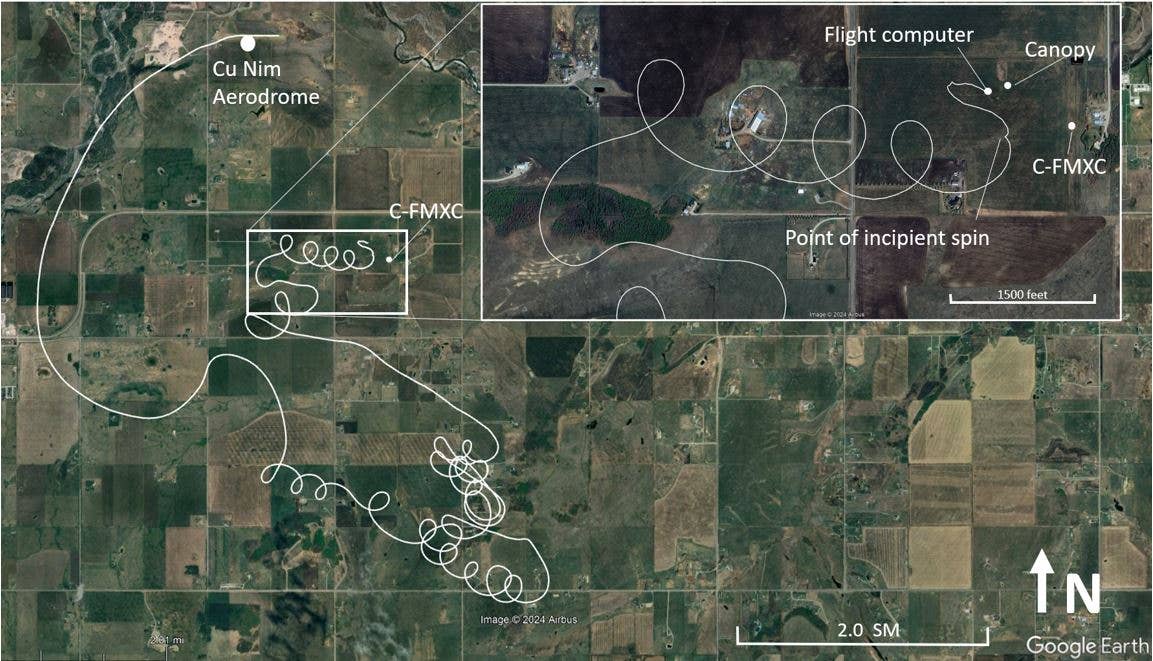What If Elon Musk Made Airplanes?
A delusional concept for sure, but if he did for airplanes what he’s done for rockets, they’d cost a third as much as they do now.
Every once in a while, it's fun to cast off the wispy tendrils connecting sanity to what passes for reality these days and consider a real crack pipe concept: What if Elon Musk made airplanes? This occurred to me this week when the news broke that tech billionaire Jeff Bezos plans to build a giant rocket called the New Glenn. (Catchy name.)
Despite my throwing a little shade at Musk last week after one of his rockets blew up—I mean burned rapidly—you have to give the man his due. He founded SpaceX only in 2002, but since then, he has become the runaway success story in the private launch business, having launched 29 Falcon 9 boosters and landed a $1.6 billion contract for NASA missions, plus a lot of other satellite business. Seven more launches are planned before the end of the year, assuming SpaceX figures out fairly quickly why the last one failed on the pad.
While that's impressive, the bigger story is how much cheaper SpaceX claims to be doing these launches compared to its chief rival, United Launch Alliance, a consortium of Boeing and Lockheed. Even the Chinese can't match SpaceX's launch costs. ULA is cagey about its launch prices, but what data is available from sources like space.com suggest that SpaceX gets a Falcon payload into low earth orbit for about $62 million, while ULA charges$164 million for an Atlas V, although the real number could be higher. If SpaceX gets its reusable first-stage to work out, its costs might shrink to $48 million and some customers are wishing for $30 million as though they expect to get it. Getting there will require a certain volume formula, since SpaceX will need a pool of recovered cores to refurb for the next flight.
Twenty years ago—even 10, maybe—few in the aerospace business would have said this magnitude in cost reduction to orbit would have been possible for the same reasons those of us who think we know about airplanes say the prices of new ones will never come down. You can see where I'm going here. If I apply Musknomics to, say, a $380,000 new Cessna 172, the price would drop to $114,000, using the best-case numbers. And a really nice LSA would cost $40,000, just like so many people have told me they were promised it would. (They weren't; they imagined it.) Anyway, wouldn't this be interesting?
What Musk may be proving is that the military-industrial complex has built a lot of margin into rockets sold to the moneybags government and competition may be about to trim that. Let's hear it for private enterprise space initiatives! Blue Origin promises to bring yet more competition to the launch business and this will no doubt tank the Russian's habit of charging $82 million for a seat to the ISS.
Before the hallucinogenic wears off, I'll deconstruct the airplane dream. First of all, I don't think Elon Musk is a sociopath and it takes at least sociopathic tendencies to voluntary start building airplanes. And how did he accomplish these remarkable economics anyway, given that he's trained in physics and business and is by no means a rocket scientist?
As Air and Space's Andrew Chaikin explains in this article, SpaceX has done it by building a much simplified booster system that uses the same engine for all stages. Furthermore, at every phase of manufacture, it seeks commonality of parts and materials to reduce tooling and acquisition costs. By comparison, ULA's Atlas V is a more complex rocket, requiring different engines and fuels for each stage. But because of its complex configurations, it can also lift payloads the Falcon 9 can't.
Then there's the market, or lack thereof. Around 2000, when NASA was planning to exit the launch business, Musk saw an opportunity with not many players competing. He seized it and now enjoys strong demand for his launch services. He got into rockets because it interested him.
The market dynamic in GA is entirely different, of course, but in the odd delusional moment, think what GA might be like if a new Cessna 172 really did cost $114,000. Would it fundamentally reset the market? Or how about a $40,000 LSA? Musk set out to turn the cost of space travel on its head and he's come close to delivering. We do know he's talked about an electric supersonic airplane and has a design in mind. I can think of crazier things. (Even Musk himself has described his Mars colonization plan as "entertaining.")
One hill SpaceX has yet to climb is long-term reliability at a high launch cadence, which NASA, at least, will want for man rating Musk's rockets. In 29 attempts, and counting the launch pad fire earlier this month, SpaceX has lost two boosters for a 93 percent score. Competitor ULA is 60 for 60 on the Atlas V and looking back at NASA's record for manned flight, Mercury-Redstone, Mercury-Atlas, Gemini-Titan and Apollo-Saturn manned launches were all 100 percent. The Space Shuttle had one launch failure for a score of 99.3 percent. (The Columbia entry loss was not a launch failure.)
If SpaceX's current score had been applied to the Shuttle, it would have translated to 10 vehicle losses and would have been untenable. Even for unmanned launches, the military has been willing to pay ULA's higher launch costs for its expensive spy satellites, evidently figuring the Atlas' demonstrated reliability is worth it. Still, given SpaceX's short history, the record is impressive.
At this point, SpaceX is thought to be profitable, although because it's closely held, no one outside the company knows for sure. If it is, Musk has established a new paradigm by radically reducing the cost to get into space while still making money at it. If only he could do the same for the black hole economics of airplane manufacturing.
The foregoing is opinion and commentary based on disclosed facts.AVwebwelcomes other points of view, including guest blogs.






